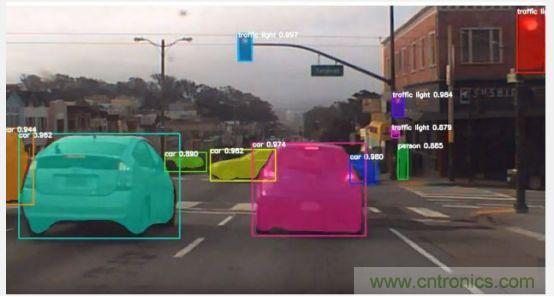
"Trade your skill, not just your capital." That’s the philosophy driving today’s prop trading boom. In an age where anyone can open a trading account in minutes, prop firms offer something different — access to bigger capital pools, professional-grade tools, and a safety net for traders who know how to perform. But beyond the glossy websites and bold claims, what’s the truth?
This article dives into real trader experiences — the successes, the frustrations, and the gritty reality — while sizing up which prop firms stand out, what assets traders are choosing, and where this industry is headed with AI-driven trades, decentralized finance, and smart contracts.
At their core, prop trading firms back you with company capital in exchange for a cut of your profits. No risking your own savings, no margin calls on your personal account — but also, no free lunch. The feedback from seasoned traders often points back to a few distinct features:
Here’s where the marketing hype meets real numbers. Peer-to-peer reviews suggest completion rates for evaluation phases hover anywhere between 8–20%, depending on risk parameters and trading styles. That’s not because traders are bad — it’s because firm rules are designed to filter out inconsistent performers.
Some high-profile prop firms publish anonymized success stories, like a futures trader turning a $100k funded account into $138k within three months. But in forums and Telegram groups, you’ll also hear from traders frustrated by hidden fees, withdrawal delays, or over-restrictive daily loss limits.
While some firms focus on forex and indices, others push more towards crypto and commodities. Traders report that firms specializing in multi-asset flexibility tend to attract more experienced professionals. In one Reddit AMA, a trader praised a firm for integrating decentralized exchanges alongside traditional market platforms — an edge for anyone hunting arbitrage opportunities.
Performance vs. complaints ratio is where you see the difference: a firm with slightly lower leverage but clear, predictable payout systems often earns stronger loyalty than one advertising “unlimited profits” but failing to deliver.
Decentralized finance (DeFi) is already nudging the industry toward borderless trading — smart contracts can automate profit splits, and blockchain transparency cuts down on payout disputes. That said, volatility in crypto markets and incomplete regulation in some jurisdictions create practical headaches.
AI-driven trading will be the other disruptor. Imagine prop firms offering hybrid funding accounts that pair human decision-making with algorithmic systems tuned to global macro data. The trader’s role shifts from executing every trade to curating, adjusting, and supervising automated setups.
From real stories, a few points stand out:
Prop trading’s evolution feels inevitable: bigger capital access, more integrated tech, smarter rules, and global connectivity. For independent traders, it’s a fast-track to playing at institutional levels — as long as you navigate the fine print and respect your risk.
"Your skill. Our capital. Real profits." — That’s the promise worth testing.
If you want, I can also compile a side-by-side comparison chart of the top 5 prop firms with ratings from real traders, so the article could double as both editorial and actionable buyer’s guide. Want me to add that?